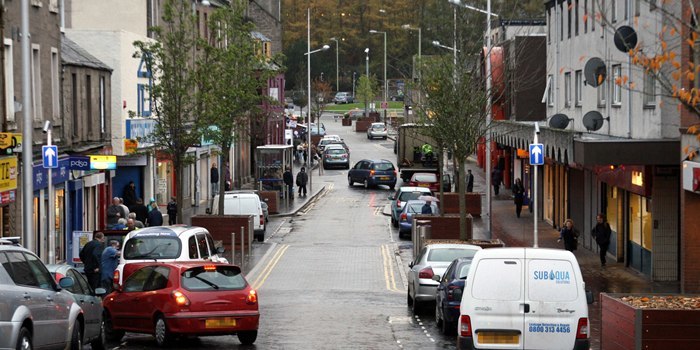People from affluent and deprived communities in Dundee are to be invited to take part in a cancer study in a bid to even up the chances of survival.
People in deprived communities are much more likely to get cancer and to die from it than their affluent neighbours and Professor Norah Kearney wants to help change that.
The professor of nursing and cancer care at Dundee University has received £97,000 from NHS Tayside’s charity fund to support an 18-month study of experiences of cancer in socially deprived communities.
She hopes to find better ways to communicate with people in poorer communities and encourage them to have a better understanding of cancer and the importance of seeking medical help as early as possible.
When members of her team chatted to people in Lochee and Whitfield pubs to find out the issues for them in relation to cancer, they uncovered a fatalistic attitude to the disease.
“They overwhelmingly said, ‘If you get it, you are going to die. There is no point going to find out about it’,” said Professor Kearney. “I suspect if you went to more affluent communities they would stress the importance of early diagnosis and seeing their GP would be very important to them.”
She said current health promotion messages about smoking, obesity, diet and exercise were interpreted differently by people in socially deprived communities and more affluent ones.
“People from socially deprived communities don’t always believe smoking causes cancer,” she said. “There are very high rates of smoking in deprived communities and we will be working with them to try and understand the issues from their perspective.”
The new study will build on preliminary work done in Lochee and Whitfield and will also look at Broughty Ferry and the west end of Dundee for the more affluent perspective.
Professor Kearney said, “Once we have done preliminary work to understand these communities we will identify patients with cancer and follow their cancer journey, to see how services are for different communities.
“I’m not suggesting services offered to people from different communities are different we just don’t know.”
